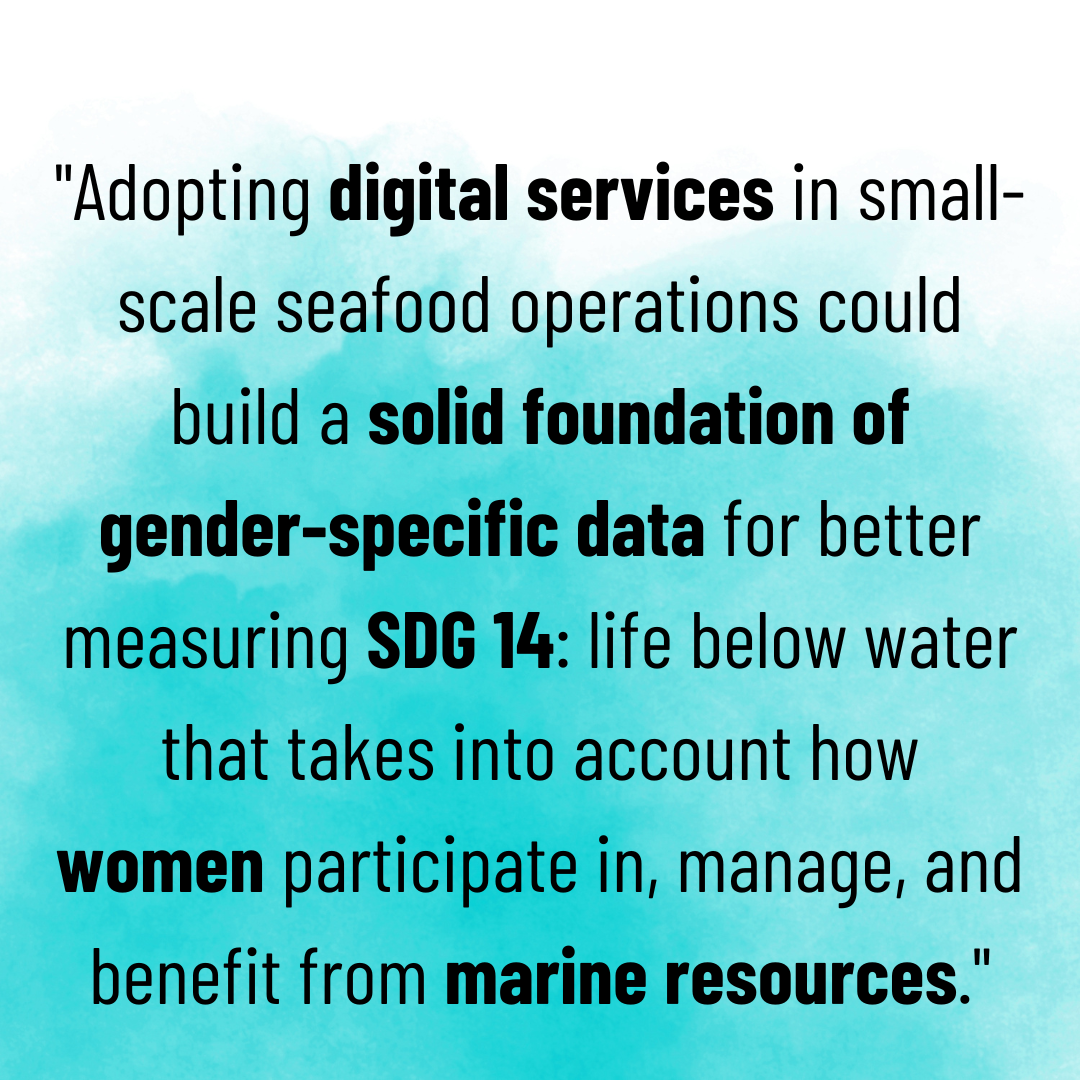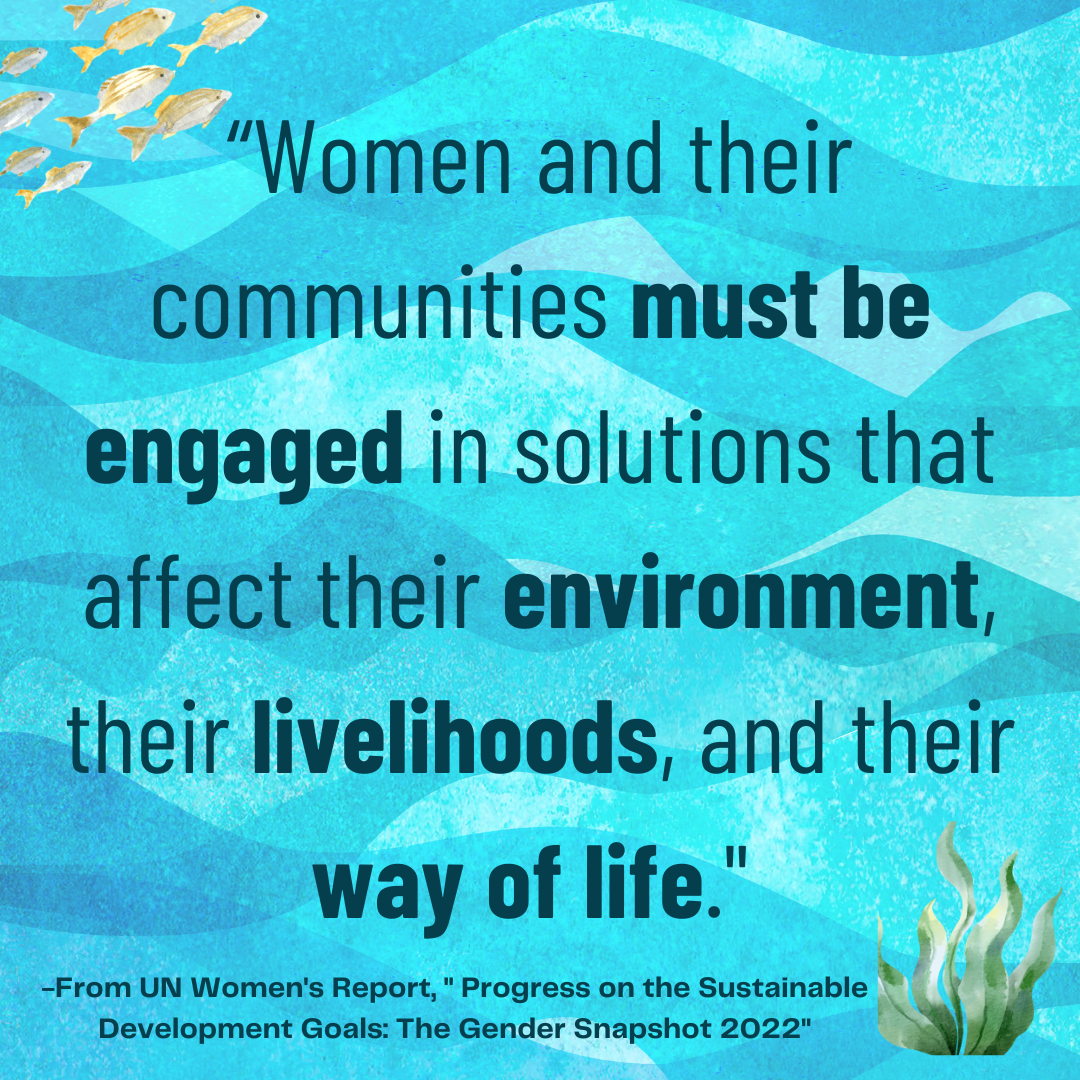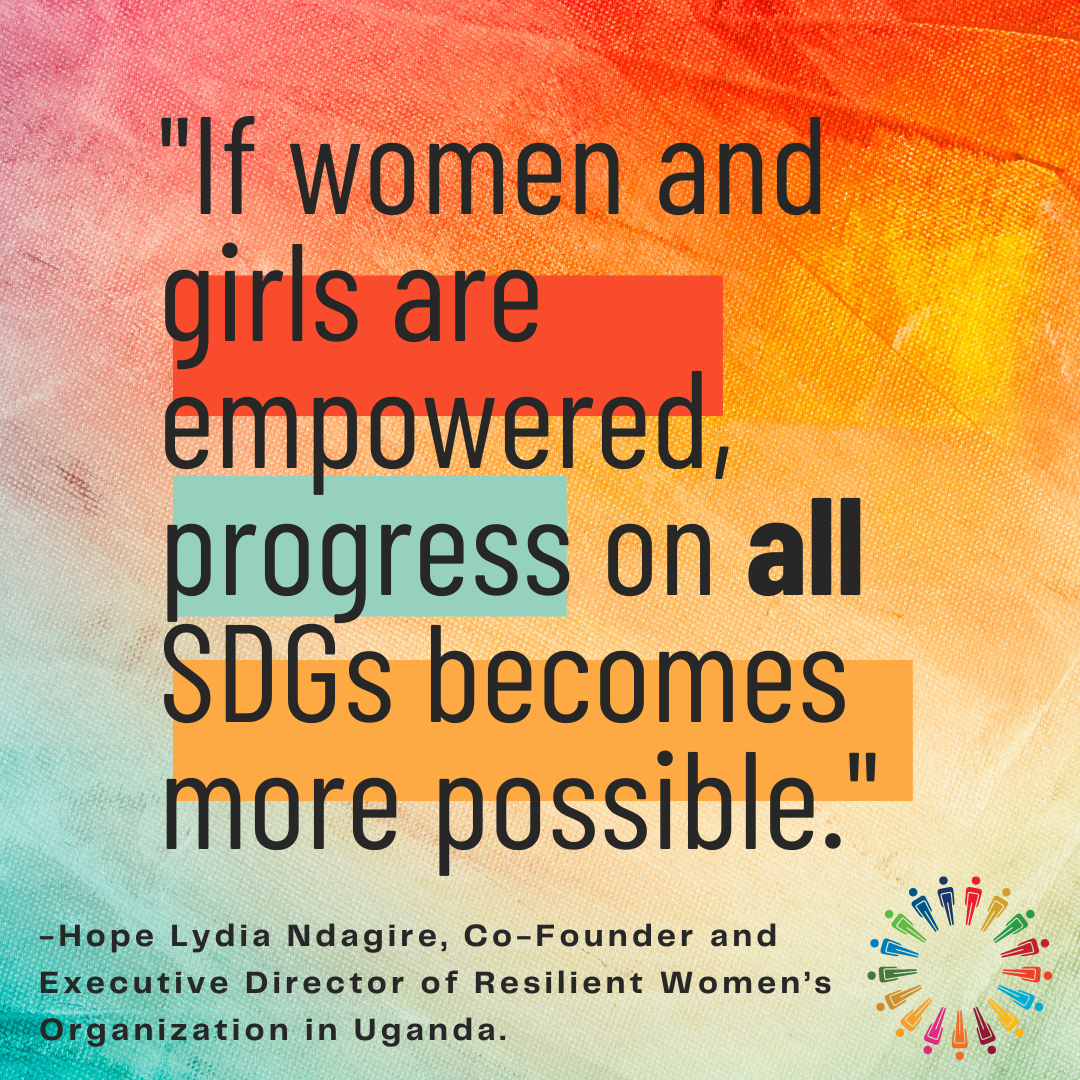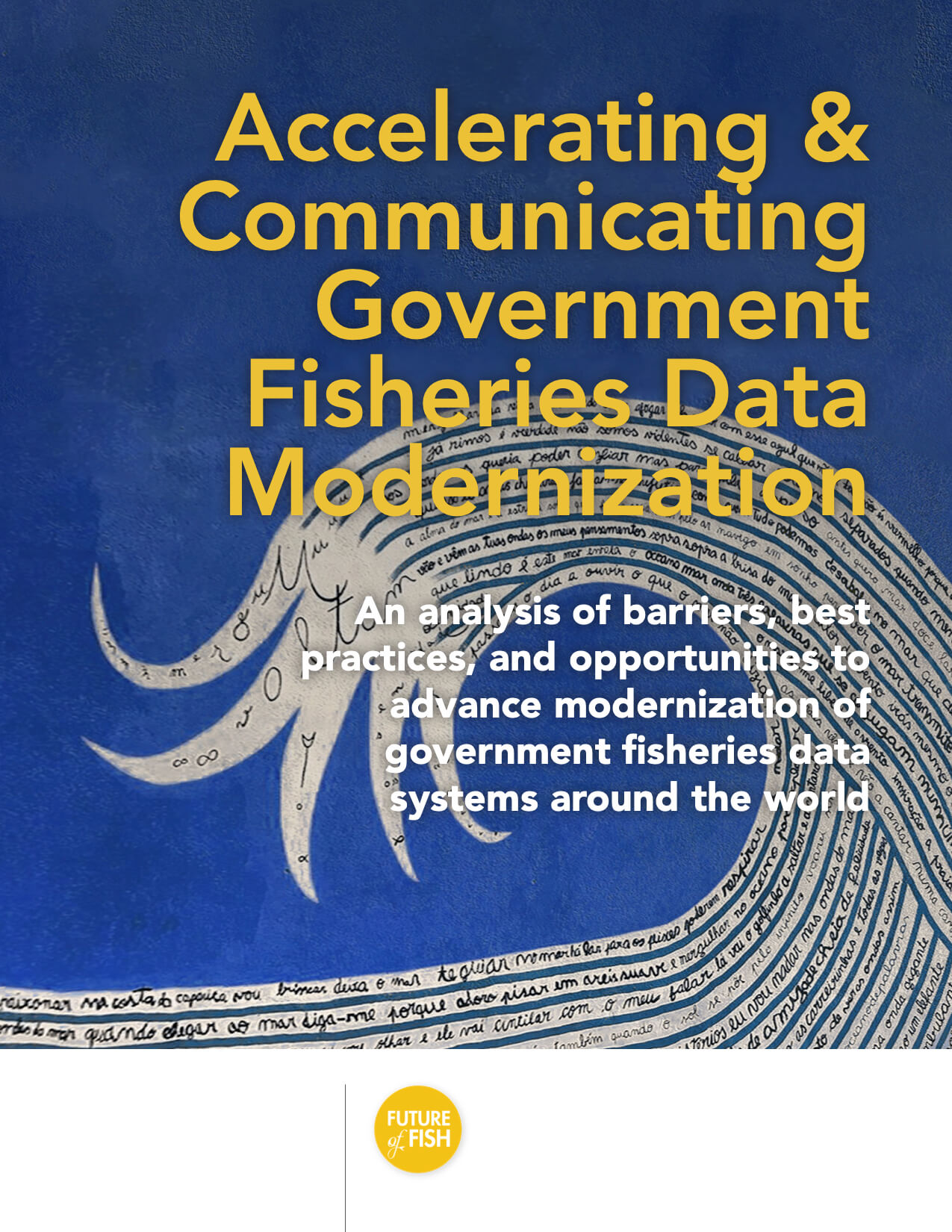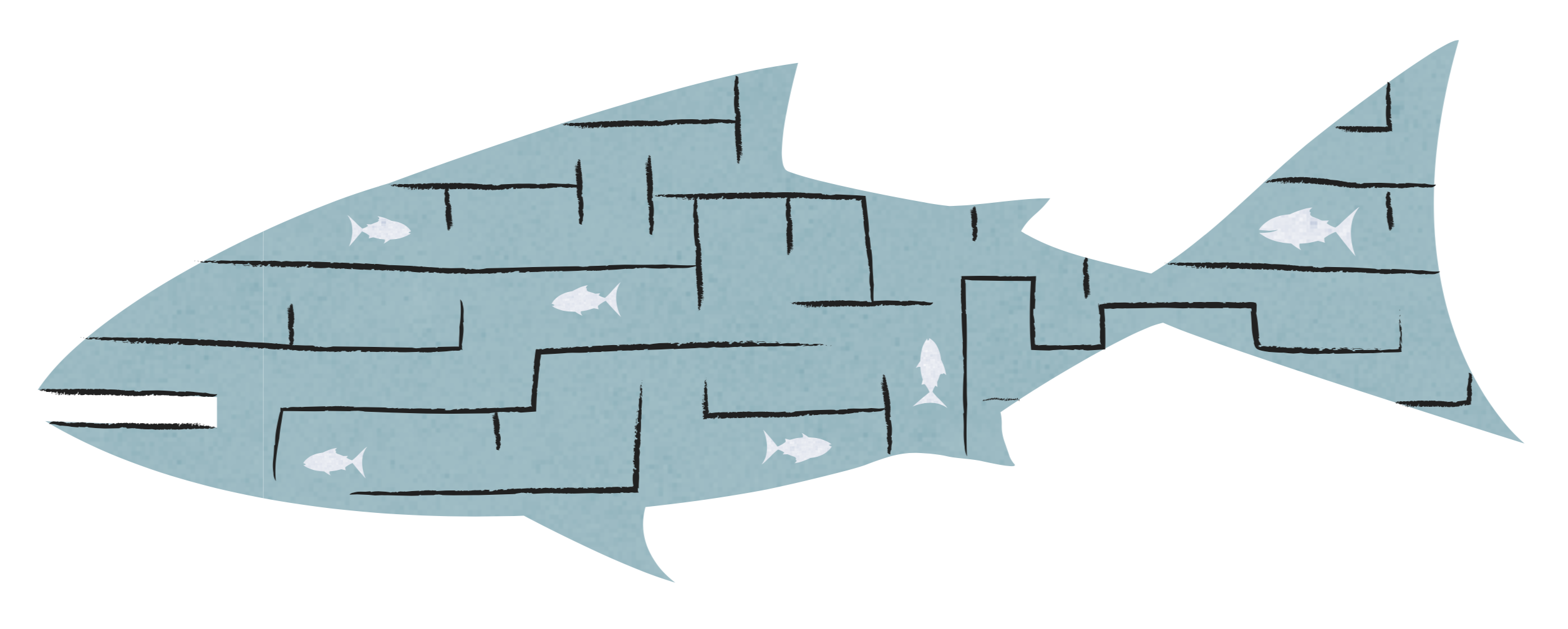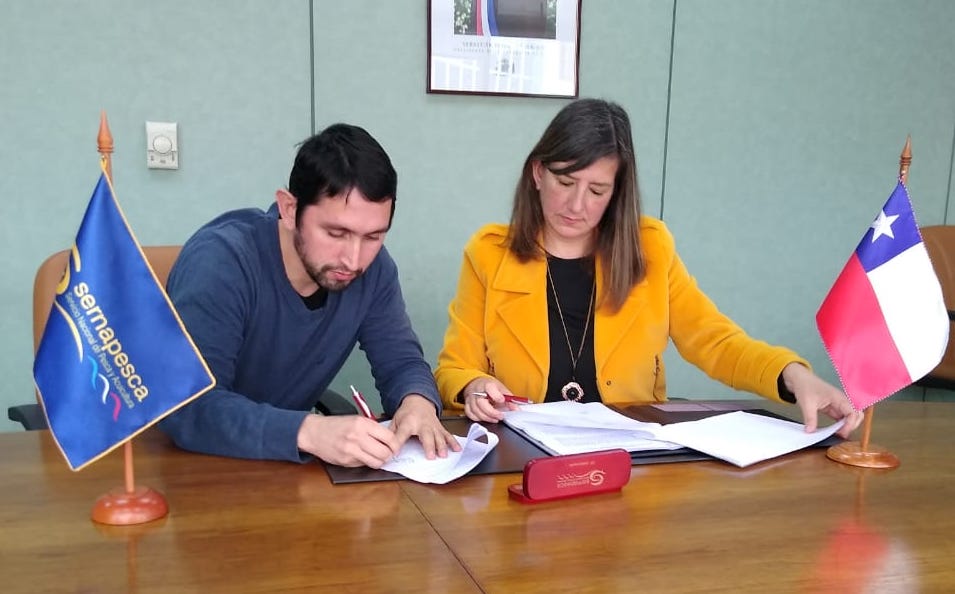Gender Data Gap Series: How the Adoption of Digital Services Could Close Gender Data Gaps
In this final article of the series, we dive more deeply into the concept of digital services and the potential they offer to close gender data gaps not just across areas of natural resource management, but in women’s financial inclusion and the gender digital divide. How digital services can help close multiple gender data gaps Much like small-scale farmers, (where the body of research on digital services in international development efforts has been focused to date) small-scale fishers struggle with a lot of the…


